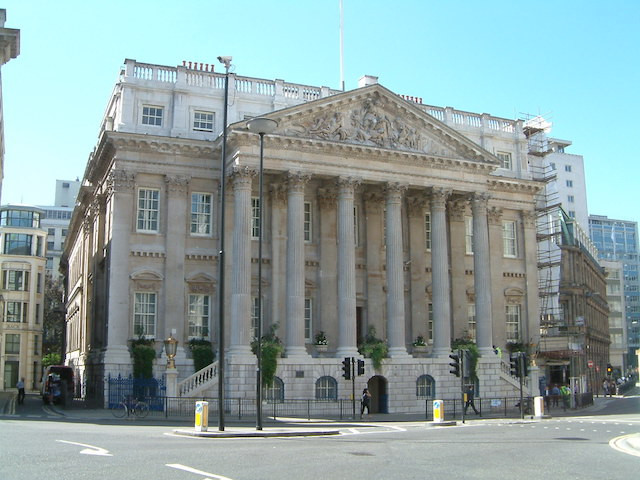On Thursday 6 July, the British embassy in Luxembourg organised a media roundtable with Jeremy Browne to discuss the City’s view and plans for and after Brexit.
Browne had met with Luxembourg finance minister Pierre Gramegna and other representatives from the finance ministry, with representatives of the Luxembourg central bank, the foreign affairs ministry and of some regulatory authorities during his two day stay.
In an effort to promote on the one hand the interests of the City’s financial services, Browne seeks not only dialogue with the British government, but also, and especially in the context of Brexit, with European governments.
The City of London has three objectives: a deal as comprehensive as possible, especially on financial services, a smooth transition process with no cliff edge, even if businesses have to plan for the most disruptive scenarios, and thirdly that the City can still have access to and hunt for talented people in the EU.
The City was more interested in what the future relationship with the EU was, rather than the terms of departure, he said.
London is a global financial centre
Calling the City of London “not just a British, but a European asset” and a gateway to Europe, Browne argued that the City needed to be competitive after Brexit. Some adjustments would probably have to be made: those institutions who don’t have a European presence will probably move some staff to their new European offices or discontinue altogether.
He argued that within the City, there was no consensus on what the best alternatives to Frankfurt were. Banks would probably prefer Frankfurt, while asset managers would choose Luxembourg.
He mentioned many of the factors that come into play when choosing a new location: availability and cost of office space, tax rates, the regulatory environment, linkage to London. However, he cautioned against giving estimated impact studies too much credit: too many variables came into play and there were still too many unknowns.
Browne said: “I think it’s a mistake to see it as a static calculation.” This city would get this many jobs, London would lose this many because of Brexit. There are other bigger forces than Brexit at play: “disruptive technology, automation, fintech, the rise of Asia.” Brexit was not the only dynamic change agent.
He also warned that not every job that London lost would automatically move to the EU. Some firms might decide to focus their activities in Asia or Africa and cease to operate on the old continent altogether.
Relations with Luxembourg
Browne insisted that the big financial centre of London was not just a British asset, but a European asset. London was the financial gateway to the EU, and he argued that “it would be a detriment to the EU if there was a pronounced disaggregation of financial services.”
He praised Luxembourg for its understanding of financial issues and valued the country as a “constructive and sophisticated partner.” Luxembourg could help move the conversation along to a more satisfactory outcome, he added.
Passporting rights
Calling the article by the Financial Times on a “secret blueprint for a post Brexit free trade deal on financial services” “not quite wrong, but potentially misleading,” Browne downplayed the importance of that report and called it “routine” and “boring.”
The International regulatory Strategy Group, backed by the City of London and CityUK, a financial services lobby group, had produced a report on a cooperative regulatory arrangement between the UK and EU 27 post-Brexit.
Browne explained:
“The current passporting rules are widely accepted in the City of London to be a manifestation of single market membership. It would be logical that Britain, in a transitional period, stayed within the single market, not just till March 2019 but during Britain’s transitional period.”
Michel Barnier, the EU’s chief Brexit negotiator, also ruled out the continuation of passporting rights for the UK after Brexit.
Browne ruled out equivalence, because the UK felt uneasy about the EU granting it to the third country. He argued it created an imbalance, because it was granted and could be withdrawn at short notice by the EU.
An alternative arrangement would be mutual recognition, which was the basis of that report.
City of London diverges on immigration with UK government
Browne said the City of London was independent of the UK government. Yet it was also of important strategic interest to the government. But the City of London would like a “very liberal, non-prescriptive method by which people from elsewhere in the EU could continue to work in the City of London. It may be that the British government is not willing to put forward a system which is as liberal and non-prescriptive as we would like it to be.”
He argued that the British government defended a valid position: the referendum had been decided on the issues of immigration, money sent to the EU, and ECJ jurisdiction. If the government did not deliver on those issues, it could be seen as an “unfaithful interpretation of the mandate” that the government had received through the referendum.
